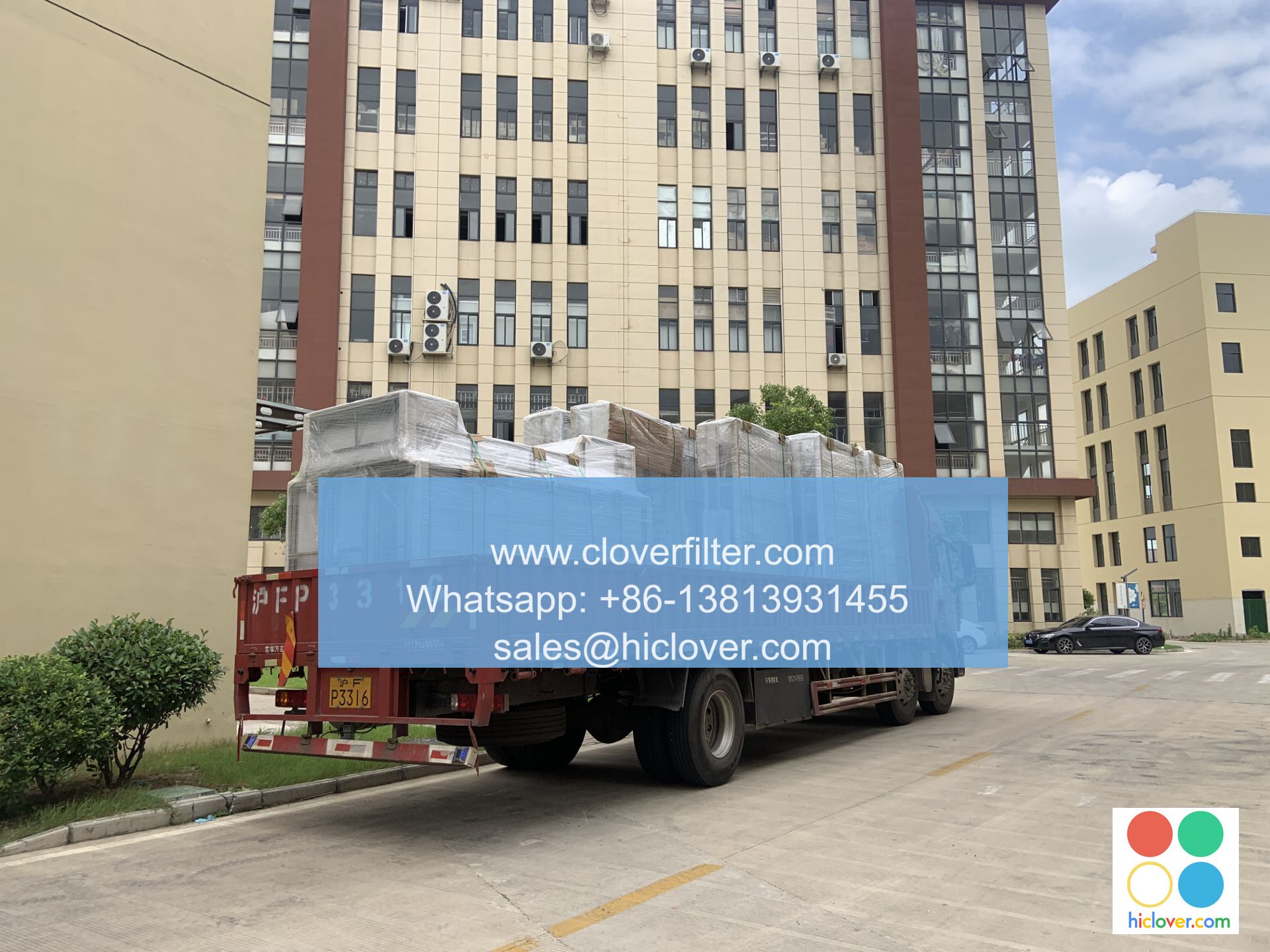The Consequences of Not Replacing Your Air Filter

The Consequences of Not Replacing Your Air Filter: A Sobering Reality
Introduction
As the old adage goes, "an ounce of prevention is worth a pound of cure." When it comes to maintaining a healthy and efficient home, regular air filter replacements are a crucial aspect of this mantra. Unfortunately, many of us neglect to replace our air filters, unaware of the consequences that can result from doing so. In this article, we’ll delve into the far-reaching implications of neglecting to replace your air filter, covering the health, energy efficiency, and financial repercussions.
Health Consequences
A clogged air filter can have a significant impact on indoor air quality, which can have severe consequences for our health. Inhaling polluted air can lead to:
- Respiratory issues: Increased allergy and asthma attacks, as well as exacerbated symptoms for those already suffering from these conditions.
- Infectious diseases: Poor air quality can increase the spread of airborne viruses and bacteria, such as the common cold and flu.
- Mold and mildew growth: Excess moisture and poor air circulation can lead to the growth of harmful mold and mildew, which can aggravate respiratory issues and compromise the integrity of your home’s structure.
- Higher energy bills: A clogged filter forces your heating and cooling system to work harder, increasing your energy consumption and, subsequently, your utility bills.
- Equipment damage: Overworked systems can lead to premature wear and tear, reducing their lifespan and potentially necessitating costly repairs or replacements.
- Reduced performance: A dirty filter can reduce the effectiveness of your heating and cooling system, leaving you feeling hot and cold, literally.
- Increased maintenance costs: Regular filter replacements prevent costly repairs and maintain your system’s efficiency, saving you money in the long run.
- Repair and replacement costs: A damaged heating and cooling system can lead to expensive repairs or premature replacement, a significant financial burden.
- Inefficient depreciation: A neglected air filter can lead to reduced property values, making it harder to sell or refinance your home.
- Replace your air filter every 1-3 months, depending on usage and manufacturer recommendations.
- Monitor your filter’s condition and cleanliness to detect any issues early on.
- Consider upgrading to high-efficiency filters for improved air quality and reduced energy consumption.
- [Insert links to relevant articles or resources on air filter maintenance, indoor air quality, and energy efficiency]
- Neglecting to replace air filters can have severe consequences on health, energy efficiency, and finances.
- Regular filter replacements are crucial for maintaining indoor air quality and home comfort.
- Consider upgrading to high-efficiency filters for improved air quality and reduced energy consumption.
Energy Efficiency Consequences
A dirty air filter can also have a substantial impact on your energy efficiency, resulting in:
Financial Consequences
The financial implications of neglecting to replace your air filter cannot be overstated:
Conclusion
In light of these pressing consequences, it’s clear that regular air filter replacements are crucial for maintaining a healthy, efficient, and cost-effective living space. To avoid these repercussions, make sure to:
Remember, a clean air filter is a key component of a happy, healthy, and environmentally conscious home. Don’t wait until it’s too late; take proactive steps today to ensure a cleaner, healthier, and more cost-effective living space.
Recommended Reading:
Key Takeaways:
It looks like you’ve started a conversation! What would you like to talk about?


